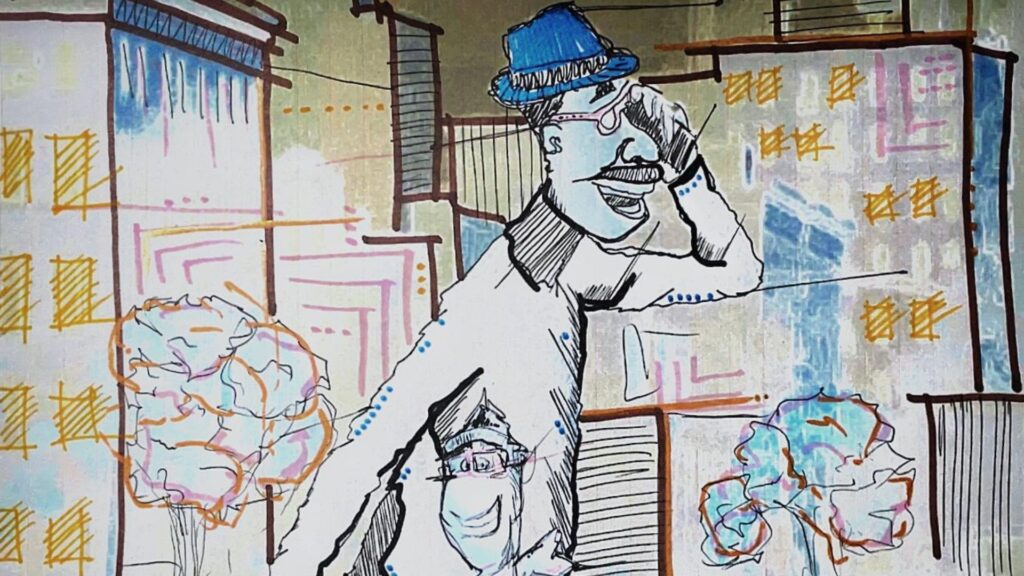Soul Warns Of The Dehumanization That Comes With Ambition
How ambitious can you be before it blinds you?
For Joe Gardner, the main protagonist of Disney Pixar’s 2020 film Soul, the lines between healthy dedication and character assassination blurs.
Joe, a middle-aged middle school music teacher, is on a journey to reunify his soul and body after they were separated before his opportunity to become a big-shot jazz musician.
At face value, Soul might be reminiscent of another lauded Pixar feature, Inside Out. They were both directed by Pete Doctor and tackle themes of self-discovery.
Aside from the obvious parallels, at the core of Soul’s heart is a movie more akin to Damien Chazelle’s 2014 jazz drama Whiplash.
As with Whiplash’s protagonist Andrew, Joe’s fear of mediocrity and thirst for success is apparent.
Since his father introduced him to the world of bebop as a young kid, Joe has lived to play the piano on stage.
However, his aspirations become self-destructive when he fails to see the difference between passion and obsession.
Joe’s past failures to become successful lead him to believe that his life is meaningless.
His defeatist mentality transforms Joe into a music machine instead of a musician—to the point that there’s no distinction between the art and the artist because the art has become his identity.
All he does is eat, sleep and breathe jazz, 24/7. He has no time to reflect or take breaks.
Soul doesn’t outright punish Joe. Instead, it does him a favor by making him encounter 22, the nihilistic soul he encounters in the Great Before—limbo.
Halfway through the movie, 22 hops onto Earth by entering his body while Joe takes the form of a therapy cat.
In Joe’s body, 22’s life outlook changes as she experiences things that evoke raw emotion and wonder in her. This allows the movie to expose Joe’s faults in his virulent path to accomplishment.
Through 22, we see the tidbits of his damaged lifestyle, such as his non-existent love life, disregard for his own students’ dreams and an inability to talk about anything but jazz.
While these details may seem unimportant in the bigger picture, you realize something about Joe: He has drowned in his influences.
The things 22 appreciates are the same things Joe has neglected because of his fixation to leave a musical legacy. We also see Joe fail to grasp the impact he has left on others.
Ironically, however, Joe refused to face the music.
It isn’t until Dorothea Williams, the leader of her self-titled quarter, who performs with Joe near the film’s end, that he begins to see the error of his ways.
At the end of the film Joe sits at his piano following the performance of his life. There, he remembers all his most cherished moments—the pie he loves to eat at his local diner, his interactions with the outside world and the quality time he had with his parents.
As these memories crescendo into a lasting image of a New York City sunrise, Joe sheds a single tear.
He and his piano had a therapy session.
Then, Joe proceeds to play. Not for an audience but for himself in his living room. Not because it’s his reason to live but because he loves it—obsession has been replaced with genuine love.
Soul pushes the boundaries of storytelling in animation.
The manner in which it shows the flip side of being entirely devoted to your passion to how it can consume you is a concept that anyone, regardless of age, should watch and experience.
Sometimes, we forget to cherish the minor but beautiful aspects of our lives. To enjoy and smell the flowers when they’re in front of our eyes.
Nevertheless, just like Joe, we will always have the opportunity to remember what it means to have a soul.

